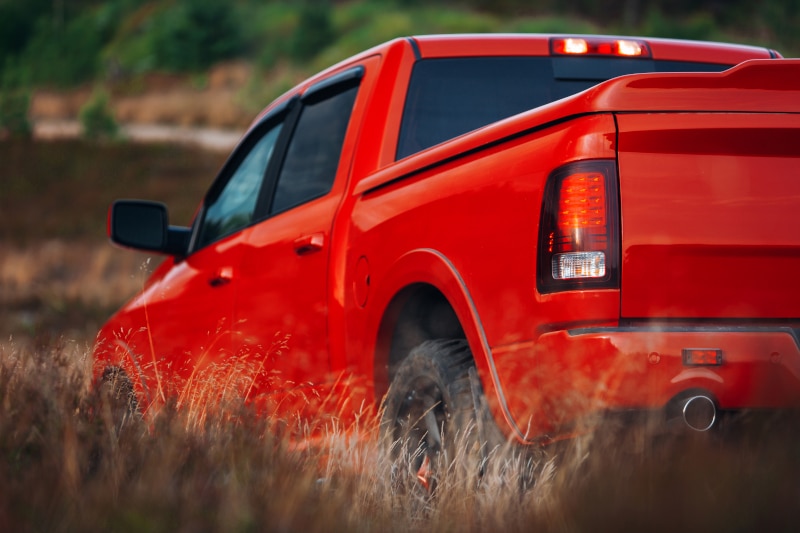Key Insights
Research shows that the average expense for car insurance on pickup trucks is $203 each month for a full-coverage plan.
Typically, insuring a truck costs more when it is larger and of greater value.
Pickup trucks are among the most popular types of vehicles on American roads. As reported by Kelley Blue Book (KBB), the Ford F-Series and Chevrolet Silverado are currently the top two bestselling vehicles in the U.S. for 2024. However, their insurance premiums tend to be higher compared to standard cars.
The MarketWatch Guides team has compiled this guide to assist truck drivers in locating the best car insurance rates and companies. It includes cost estimates for popular truck models and essential information for making informed decisions regarding your insurance policy and provider.
Overview of Pickup Truck Insurance
Acquiring insurance for a pickup truck is similar to purchasing coverage for any other vehicle type, though there are specific factors to consider — such as generally higher average costs — that can guide you to the best options for your truck.
Types of Coverage for Pickup Trucks
No specialized coverage is necessary for pickup trucks, as insurers provide the same coverage types as they do for sedans, SUVs, and vans. The primary coverage options include:
- Property Damage (PD) Liability Coverage: Covers damages to other vehicles and property if you are liable for the accident.
- Bodily Injury (BI) Liability Coverage: Covers medical and lost wage expenses for the victims if you are deemed at fault.
- Uninsured/Underinsured Motorist (UM/UIM) Coverage: Addresses costs from accidents caused by drivers without adequate insurance.
- Personal Injury Protection (PIP): Covers medical expenses and lost wages for your party, no matter who is at fault.
- Medical Payments (MedPay): Covers medical costs for your passengers, irrespective of fault.
- Comprehensive Coverage: Protects against damage from non-accident sources like weather or theft.
- Collision Coverage: Address damage from accidents regardless of who is at fault.
Minimum Liability vs. Full-Coverage Insurance
All states, except New Hampshire, mandate drivers to maintain car insurance that fulfills minimum coverage standards, generally including PD and BI liability, and sometimes UM/UIM coverage. Full-coverage policies encompass comprehensive and collision coverage alongside necessary liability coverages, providing protection against almost all possible damage sources, which is why insurance experts typically endorse them.
Extra Coverage for Pickup Trucks
Insurers offer additional coverage options that may be beneficial for truck owners, such as roadside assistance, rental car reimbursement, and trip interruption. Be aware that many standard policies might not cover modifications or accessories, including popular items like roof racks or enhanced suspension systems but some providers do offer this as an additional option.


